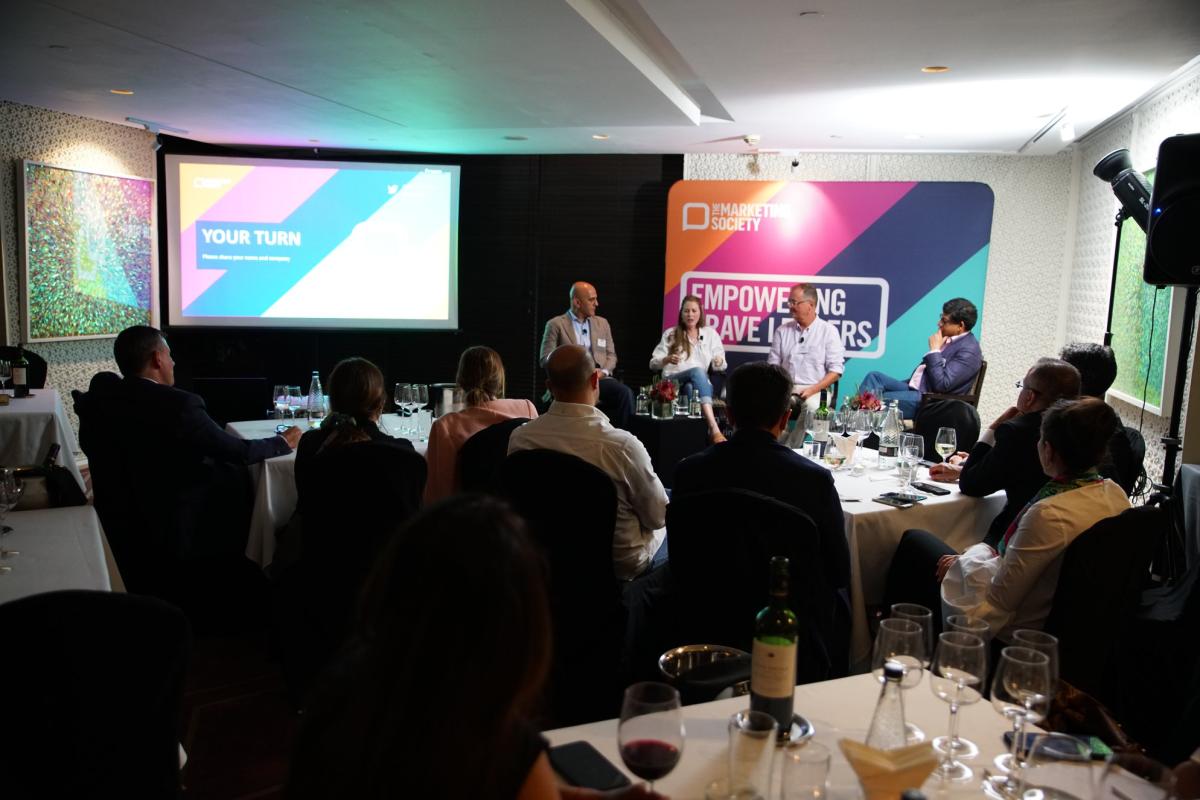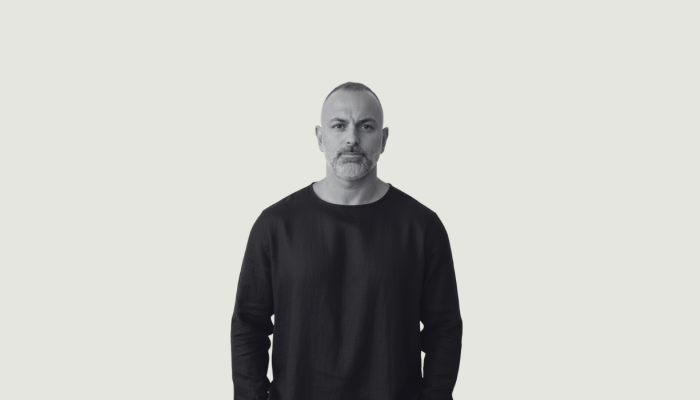Khaled Ismail and Ash Banjeree know how to open an evening talk well; and our Cultural Transformation event in Dubai was not an exception.
Landor kicked off with a blend of insights from an interview-based study they conducted with 100 founders from Unicorns across EMEA to understand the principles of high-performance cultures.
This was followed by a rich and engaging panel discussion with Aura Lunde, Director of Organisational Performance at Careem, Pete Lysak, Head of Marketing and Digital, flyadeal and Eissa Khoury, Executive Director, Culture & Engagement, EMEA.
So what ground was covered?
The Study looked at the environment Unicorns grow in and how you build a culture that delivers exponential growth, wins the talent war and has a disruptive model at its core.
Firstly, the fact remains that big leaders even if they understand the importance of culture don’t know how to activate it. And another fact remains. Culture drives business. Culture is business critical - high on the agenda of every Unicorn CEO and is an issue that it is owned by the CEO. It is not delegated to others, it stays with the CEO, founders and the co-founders. This makes it more meaningful – you live it, model it and nourish it.
Secondly, from the perspective of these CEOs – an entrepreneurial mind-set is a myth. Driving cultural transformation takes two ingredients - common sense and intention.
Thirdly, disruptive business models require just that disruption! If the end objective is about getting closer to consumers - decentralized structures, delegation of decision making, trust in those to make the right decisions and setting the intention for all this to take place is the bedrock for how it’s done.
With this in mind Eissa took us through what culture means, how you make sense of it and pull it into a coherent organizational culture. As a framework we looked at culture in essence being composed of Mindset (how the organization thinks, values, purpose, operating principles, intentions), Practices (how the organization acts; leadership by example, collaboration and teamwork, communications and language) and Rituals (how the organization reinforces; stories, rituals, celebrations). Or as a shorthand for those of us in the business of brands - Culture is Brand. Brand is Culture.
So what were the key take-outs from this study and the panel discussion?
For Senior business leaders a blend of Remind, Reassure and Reveal.
1. Walk the talk. For Unicorns - in the early days culture and purpose is what they had. With inspiring founders that role modelled values. And they work hard to hold true to that today.
2. Communicate!!! Talk about purpose, be mission driven. Share more than people need to know. As a result people feel valued, respected and heard.
3. Say what you mean and mean why you say. Speak language that both inspires and leads. Detail out the operating principles/pillars. Take the time to write the paragraph that explains what you are expecting of people and ensure they are as clear as you are.
4. Leaders Lead. Culture follows. Use mechanisms like All Hands/TownHalls to re-enforce how you expect people to behave. De-fault to open as a cultural bias and drill this down through the organization in terms of ways of working etc.
5. Focus on what you do that works. Flyadeal isn’t about the labels – it is about in their case collaboration, communication, and solving. Look at what you are doing that is working - give that a name and focus on it.
6. Involve Employees. Don’t just engage them. Culture needs to work through all organizational touch points and be continuously re-enforced. Let’s take two examples of this from Careem:
Recruitment and on-boarding strategies are culture first oriented.
The first interview is focused on getting to know the person. If you don’t like the person, if they won’t fit with the culture there is no point in thinking about the skills. Sounds straight forward but in the environment of growing new business verticals with a pressure to get people on board and pressure from senior business leaders to onboard – do we all prioritize culture?
Understand better what motivates people. And early days are important; take people by the hand and re-enforce it, close it early if it’s going off-track.
Raise the bar – Keeping culture live and making it real
Raising the bar is a lens through which attention and focus on culture is linked to the individual; ensuring values have meaning and are maintained. This enables a much more profound experience of what people are bringing or not bring to the party. How do they raise the bar on our values? How do they lower it?
What of companies that are more traditional, more siloed?
An interesting question posed in the evening and echoed mentally by many in the room was how can you take these learnings and apply in businesses that are more siloed, weighed down by legacy issues?
Transformation fails when organizations do too much at once. And we often fail to recognize the human component – which takes time to learn new habits and behaviours. The key question for many of us is how do we bring humanity into the transformation? While all of the above points hold true there are some additional applications for legacy organizations to bear in mind:
7. Make organic changes. Take stock of the culture and values. What works, values, stories. Apply this to leadership also. What’s needed to change? What’s staying the same? And don’t underestimate the fact that small changes can produce massive results. Take the pulse of the organization and know when it’s time to look into it.
8. Launch quickly and iterate. Experimentation in small groups. Get real feedback from people, make them involved, involve them to make it better. Play the part of the customer – change the culture. Find a group of 10-12 people in teams - and do AB testing.
9. Be willing to make tough calls to make it work
10. Find your strengths and play to them and enable others to do the same
11. Take ownership of results
12. Create real-life success stories
All in all an enjoyable and thought-provoking evening – thank you Landor, Marketing society and guest speakers.
By Fran Owens, CCO, Kantar UAE



